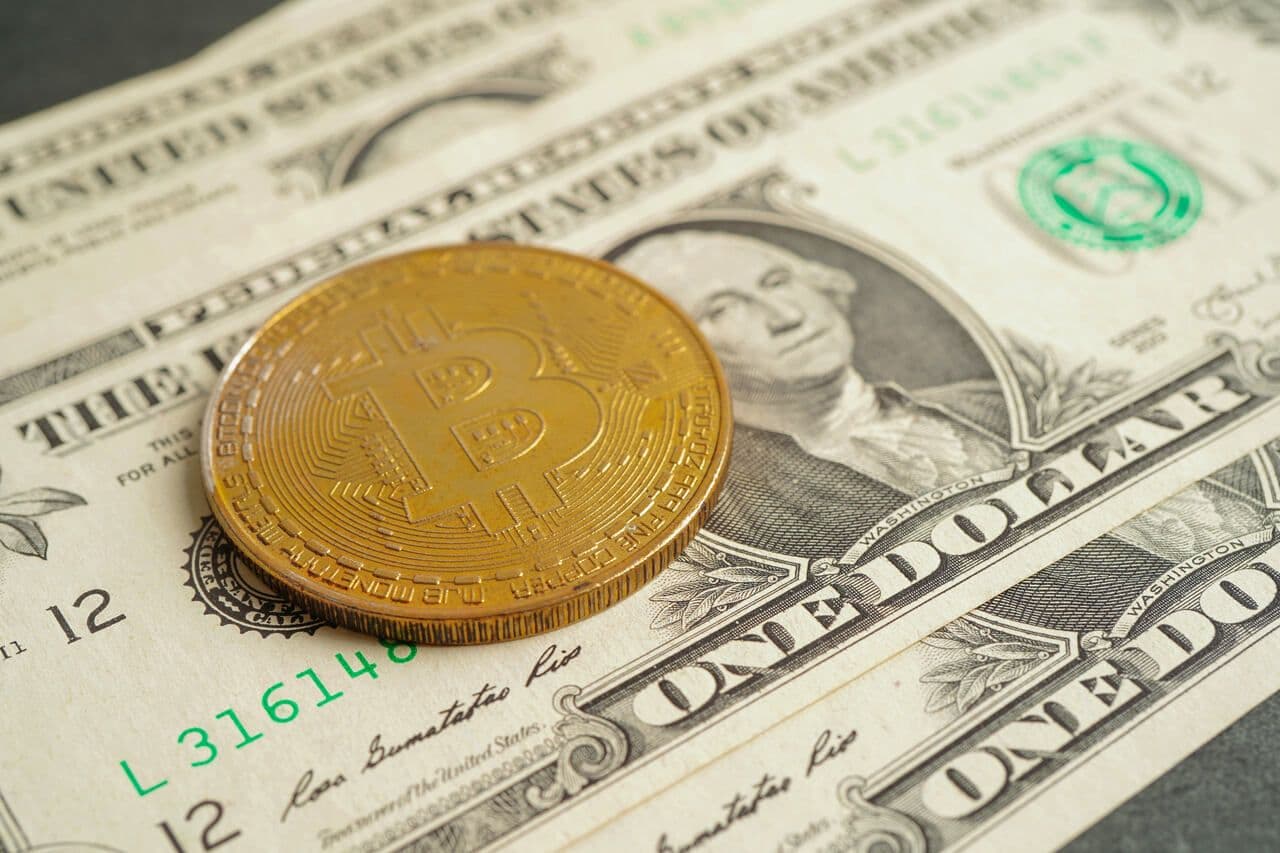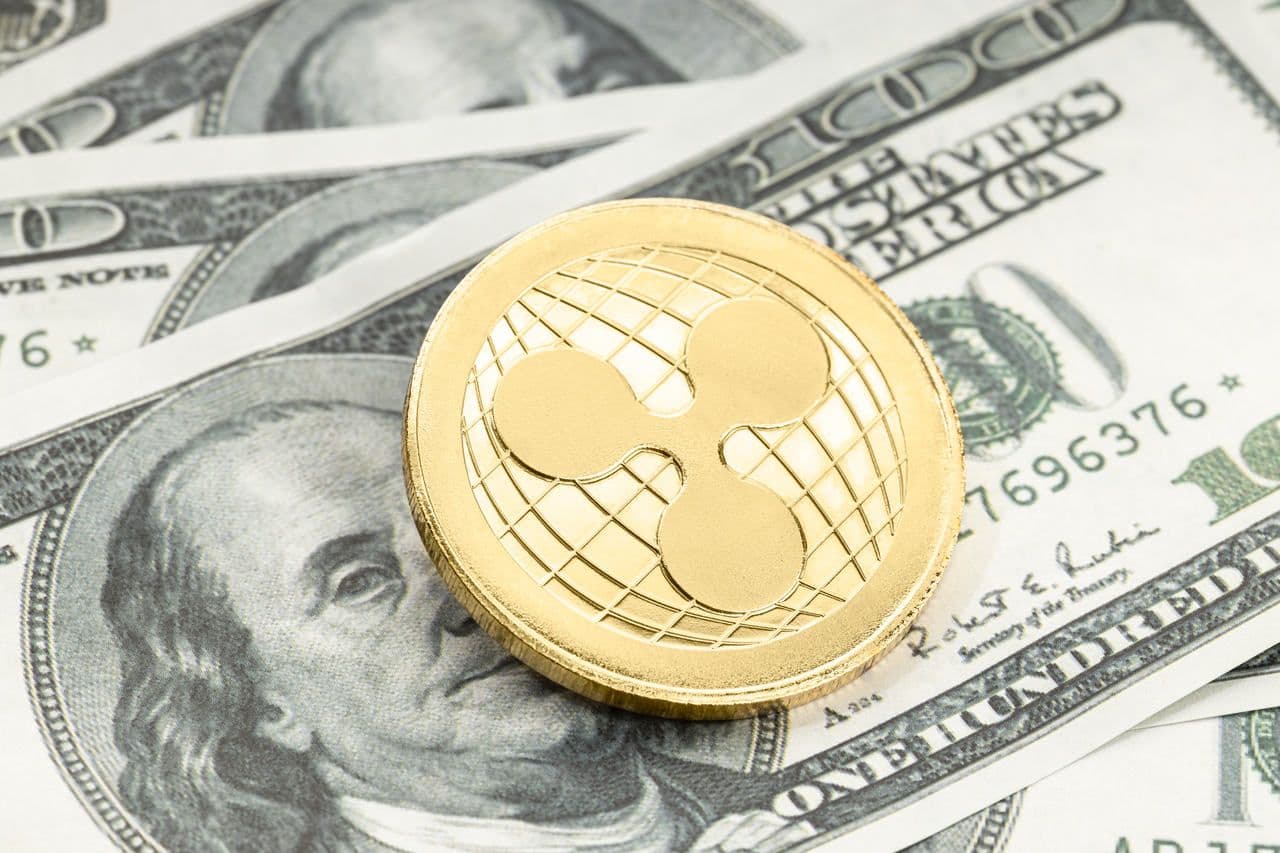Coinbase, Ripple Spend $100M to Influence US Elections
Public Citizen warns that big crypto donations could lead to weaker regulations, risking consumer safety

On Wednesday, Public Citizen expressed worry that large cryptocurrency donations might influence lawmakers to relax regulations. This could endanger consumers by reducing oversight in the crypto industry.
Coinbase, Ripple Spend $100M to Influence US Elections, Claims Public Citizen
This year, major cryptocurrency companies have become top corporate donors, contributing a substantial portion of the $248 million raised for candidates ahead of the November U.S. presidential election.
Coinbase and Ripple are at the forefront, investing heavily in super political action committees that support candidates who favor pro-crypto regulations, according to a report from Public Citizen.
The report, released on Wednesday, cautioned that these large crypto donations might influence lawmakers to ease regulations, potentially putting consumers at risk while benefiting the larger crypto industry. It highlights that crypto firms have contributed nearly 48% of the total amount raised this year.
Rick Claypool, Public Citizen’s research director, noted on Twitter that "Coinbase and Ripple, the top crypto donors, have together invested around $99 million to shape the 2024 elections."
Major Crypto Firms Drive Record Donations to Fairshake PAC
Fairshake PAC has amassed $202.9 million in funding, with a significant portion—$107.9 million—sourced from leading crypto firms like Coinbase and Ripple, establishing it as the top recipient of corporate crypto donations.
Other notable donors include Andreessen Horowitz’s founders, who contributed $44 million, the Winklevoss twins with a $5 million donation, and Coinbase CEO Brian Armstrong, who gave $1 million.
Additionally, Jump Crypto contributed $15 million to Fairshake PAC, while Payward Inc. and Circle Internet Financial each added $1 million to the total.
Why such donations could endanger consumers by reducing oversight in the crypto industry?
The substantial donations from major cryptocurrency firms to Fairshake PAC could pose a significant risk to consumer safety by potentially reducing regulatory oversight in the crypto industry.
As these firms contribute heavily to political action committees supporting candidates who favor lenient crypto regulations, there is a growing concern that such financial influence might sway lawmakers to ease regulatory requirements. This shift could lead to a less stringent regulatory environment, which may diminish protections for consumers.
The influx of large donations from prominent entities like Coinbase and Ripple suggests a strategic push to shape regulatory frameworks in their favor. This concentrated financial power could undermine efforts to enforce robust oversight and safeguard against risks such as fraud, market manipulation, and other unethical practices within the crypto sector.
If lawmakers are influenced to relax regulations, the industry might face diminished scrutiny, potentially exposing consumers to greater financial risks and instability.
The outcome of these contributions could be a regulatory landscape that prioritizes industry interests over consumer protection, ultimately creating vulnerabilities in the market that could impact millions of investors and users.


























